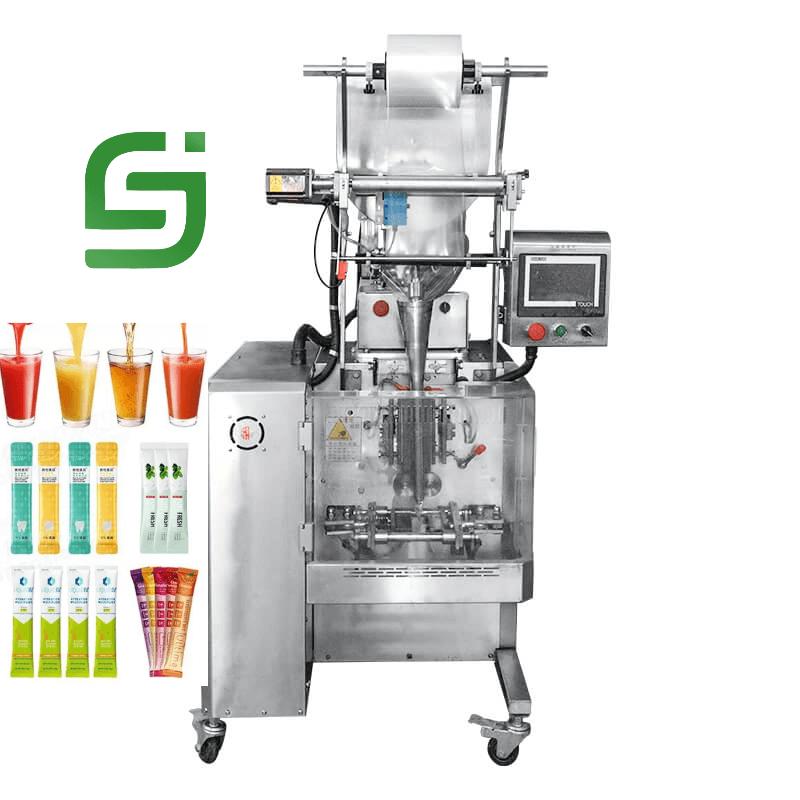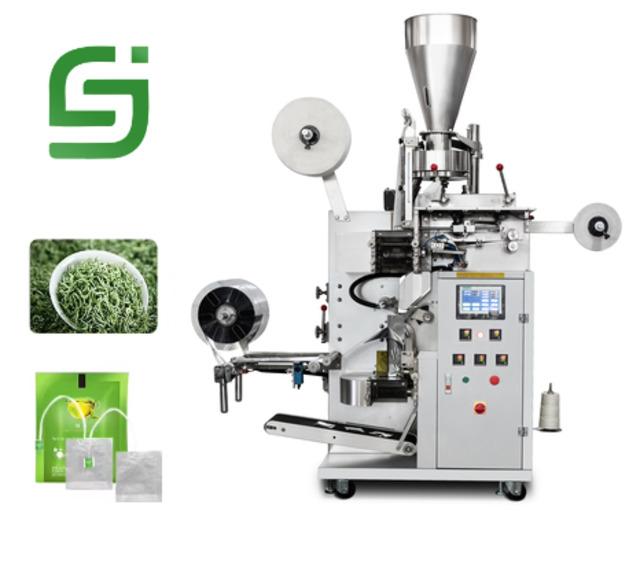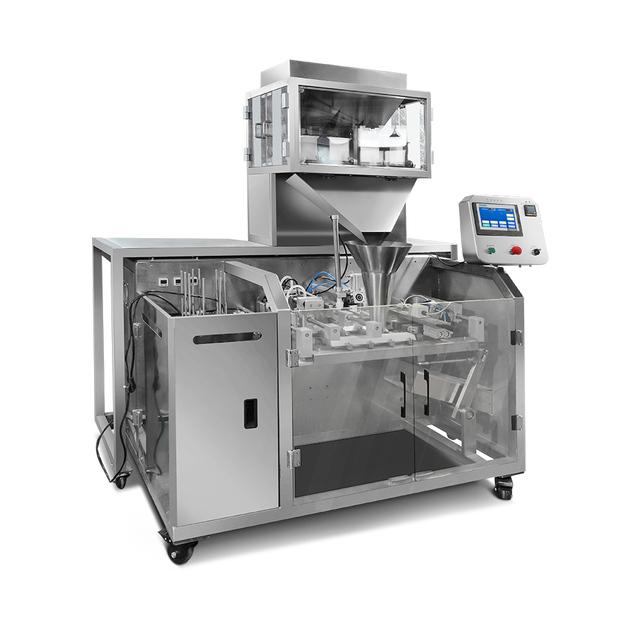Author:YISEN Pouch Packing Machine Manufacturer TIME:2024-12-10
In the pet food packaging process, ensuring accurate measurements is critical for maintaining product quality and consistency. Two common tools used in this context are measuring cups and electronic scales. While both serve the purpose of measuring ingredients, they operate on different principles and offer distinct advantages and disadvantages. This article will explore the main differences between measuring cups and electronic scales, examining their accuracy, ease of use, versatility, and application within the pet food industry.
One of the most significant differences between measuring cups and electronic scales lies in their accuracy. Measuring cups are typically calibrated to measure volume, which can lead to inaccuracies when measuring ingredients with varying densities. For example, a cup of flour weighs significantly less than a cup of sugar due to their differing densities. This variability can result in inconsistent formulations, affecting the nutritional content and quality of the final product.
On the other hand, electronic scales offer precise weight measurements, eliminating the ambiguity associated with volume measurements. When using scales, each ingredient is weighed individually, providing a more reliable and consistent approach to recipe formulation. This level of accuracy is particularly crucial in the pet food industry, where nutritional balance is essential for the health of pets. By using electronic scales, manufacturers can ensure that each batch of pet food meets its intended nutritional profile.
Another notable difference between measuring cups and electronic scales is their ease of use. Measuring cups are straightforward tools; they require little training and can be used quickly by anyone in the production line. The simplicity of measuring cups makes them appealing for small-scale operations or in environments where speed is of the essence.
Conversely, electronic scales may require a bit more familiarity, especially when it comes to calibrating the device or understanding how to read measurements accurately. However, once operators are trained, scales can provide rapid and accurate readings that surpass the convenience of measuring cups. In high-volume production settings, the efficiency gained from using electronic scales can significantly streamline operations, reducing the time spent on measuring ingredients.

Measuring cups are primarily designed for dry and liquid ingredients, but they have limitations when it comes to measuring solids or ingredients with irregular shapes. For instance, when measuring chunks of meat or vegetables, measuring cups may not provide a true representation of the ingredient’s weight or volume, leading to inconsistent results.
Electronic scales, however, excel in versatility. They can measure a wide range of items, from powders and liquids to large chunks of food. Advanced models even allow for tare functions, which let users subtract the weight of containers, ensuring only the net weight of the ingredient is measured. This feature is particularly beneficial in a pet food production environment, where multiple ingredients may need to be weighed simultaneously, ensuring efficiency without sacrificing accuracy.

When evaluating measuring cups versus electronic scales, cost is an important factor. Measuring cups are generally much less expensive, making them accessible for small businesses or those just starting in the pet food industry. Their low cost and ease of use make them a popular choice for many small-scale producers.
In contrast, electronic scales can represent a higher initial investment. However, the return on investment can be substantial due to the enhanced accuracy and consistency they provide. For larger manufacturers, the cost of inaccuracies in ingredient measurements can far outweigh the expense of purchasing scales. Therefore, while upfront costs may be higher, the long-term benefits often justify the investment, especially in a competitive market where quality and consistency are paramount.

Quality control is a critical aspect of the pet food industry, as consumers are increasingly concerned about the nutritional content and safety of the products they buy for their pets. Inconsistent measurements can lead to variations in nutrient levels, which can have adverse effects on pet health.
Using electronic scales enhances quality control by providing precise measurements that minimize variability. With scales, pet food manufacturers can adhere to strict formulations, ensuring that each batch maintains the same nutritional standards. This level of control is vital not only for regulatory compliance but also for building trust with consumers who expect quality in pet food products.
The choice between measuring cups and electronic scales ultimately depends on the specific needs of the manufacturer. Smaller operations may find measuring cups sufficient for their requirements, especially if they produce limited varieties of pet food. These tools can facilitate quick measurements without the need for complex equipment.
However, as businesses grow and expand their product lines, the need for accuracy and consistency becomes more pronounced. Larger manufacturers often rely on electronic scales to ensure that every ingredient is measured accurately, which is critical for maintaining product quality across countless batches. Additionally, electronic scales can integrate into automated systems, further enhancing efficiency in the production process.
In summary, both measuring cups and electronic scales play important roles in the pet food packaging process, but they cater to different needs and operational scales. Measuring cups offer simplicity and cost-effectiveness, making them suitable for smaller operations. In contrast, electronic scales provide unmatched accuracy and consistency, essential for larger manufacturers aiming to meet strict quality control standards. Ultimately, the choice between the two tools should be guided by the specific requirements of the production process and the goals of the pet food manufacturer.